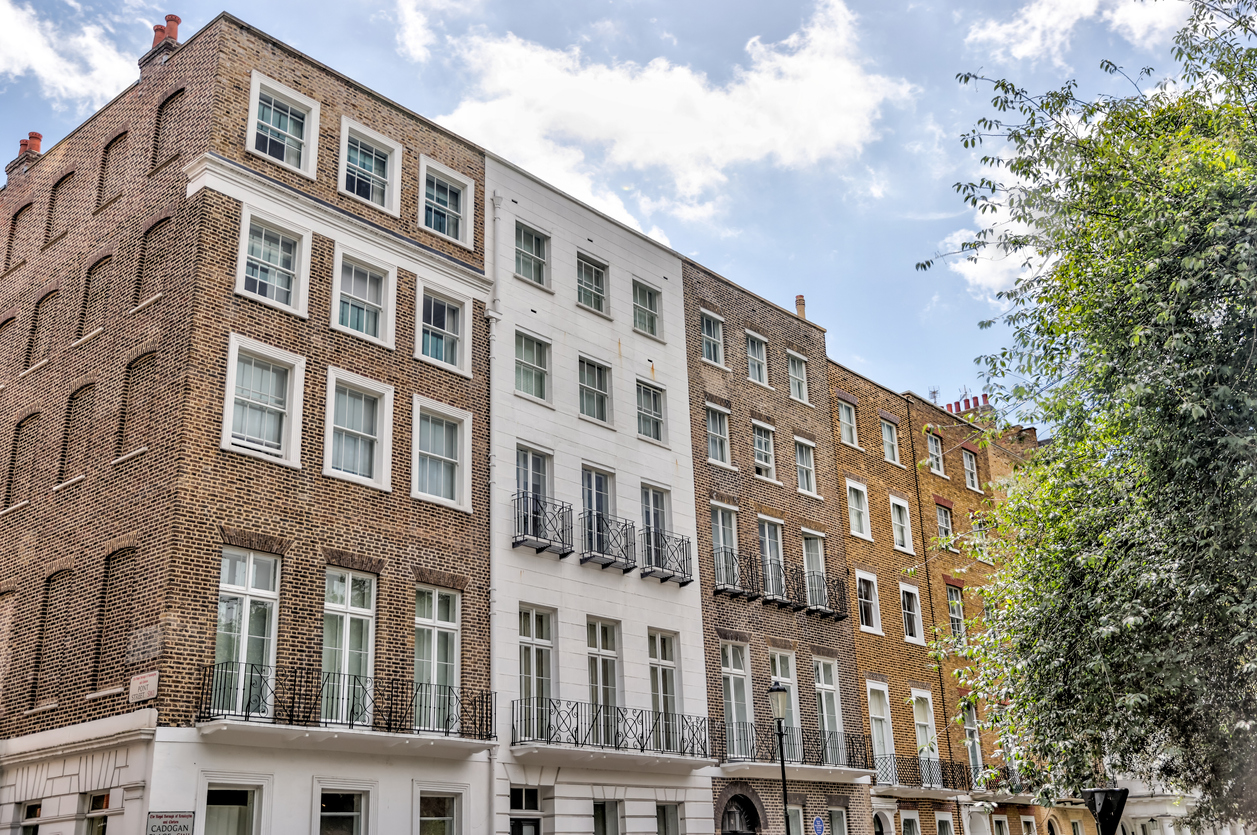



Renting out a property in London can be a great way to generate income, but knowing how much to charge for rent is crucial to ensuring you're maximizing your return while staying competitive in the market. The amount you can rent your house for in London depends on several key factors, including location, property type, market demand, and the current rental market trends. This guide will help you understand how to determine the right rental price for your London property.
Location is the most significant factor in determining rental value. London is a large and diverse city, and rental prices can vary dramatically depending on the neighborhood. Properties in prime central areas like Kensington, Chelsea, and Mayfair command much higher rents than those in outer areas like Croydon or Barking.
Some of the factors influencing rent based on location include:
The type and size of your property will also have a significant impact on rental value:
The condition and presentation of your property play an essential role in how much rent you can charge:
The London rental market is highly dynamic, with rental prices fluctuating based on economic conditions, tenant demand, and property supply. Monitoring current rental trends in your area is key to setting a competitive price.
For example, during times of high demand (such as when corporate employees relocate or during the academic year for students), rental prices tend to rise. Conversely, during economic downturns or when more properties are available than there are renters, prices may soften.
One of the best ways to determine how much rent you can charge is to look at similar properties in your area. Check popular rental platforms like Rightmove, Zoopla, and OpenRent to see what other landlords are charging for properties like yours. Pay attention to:
This comparison will give you a ballpark figure for what you can charge.
For a more accurate rental valuation, consider speaking with a local estate agent who knows the rental market in your area. Agents can provide insights into the current market conditions, expected rental yields, and what tenants are looking for in your area.
Fraser Bond, for example, offers free rental valuations and can help you assess the best price for your property based on its location, features, and condition. Their local expertise ensures you set the right rate to attract tenants quickly while maximizing your rental income.
Several online tools can give you a rough estimate of your property’s rental value. Websites like Zoopla, Rightmove, and Rentify offer free rental valuation calculators where you can input your property’s details and receive an estimate based on local market data.
While these tools are helpful for getting a general idea, they may not always account for specific factors that could affect your property’s rental value (e.g., unique features or recent improvements), so it’s best to use them alongside other methods.
If you’re looking to maximize rental income, consider whether a short-term let (e.g., Airbnb or corporate rentals) might be more profitable than a traditional long-term let. In some parts of London, short-term rentals can command significantly higher rates, particularly in tourist-heavy areas or during peak seasons.
However, managing short-term rentals requires more hands-on work, including frequent tenant turnover, cleaning, and maintenance. It also depends on local regulations, as some London boroughs have restrictions on short-term letting.
In a competitive rental market, offering incentives such as covering utility bills, including Wi-Fi, or offering a rent-free period (e.g., one or two weeks) can help attract tenants quickly and reduce vacancy time, which ultimately maximizes your overall rental income.
If you want to rent your property quickly and without hassle, consider using a property management service. Property managers handle everything from marketing your property to conducting tenant background checks, managing maintenance issues, and collecting rent. Fraser Bond, for example, offers full property management services to help landlords maximize their rental income while minimizing the day-to-day workload.
At Fraser Bond, we specialize in helping landlords across London rent their properties quickly and at competitive rates. We provide:
Setting the right rental price for your London property requires careful consideration of the market, location, and property condition. By conducting thorough research, consulting with experts, and staying informed about current trends, you can maximize your rental income while securing the right tenants. For tailored advice and support, Fraser Bond is here to help you make the most of your rental property in London.